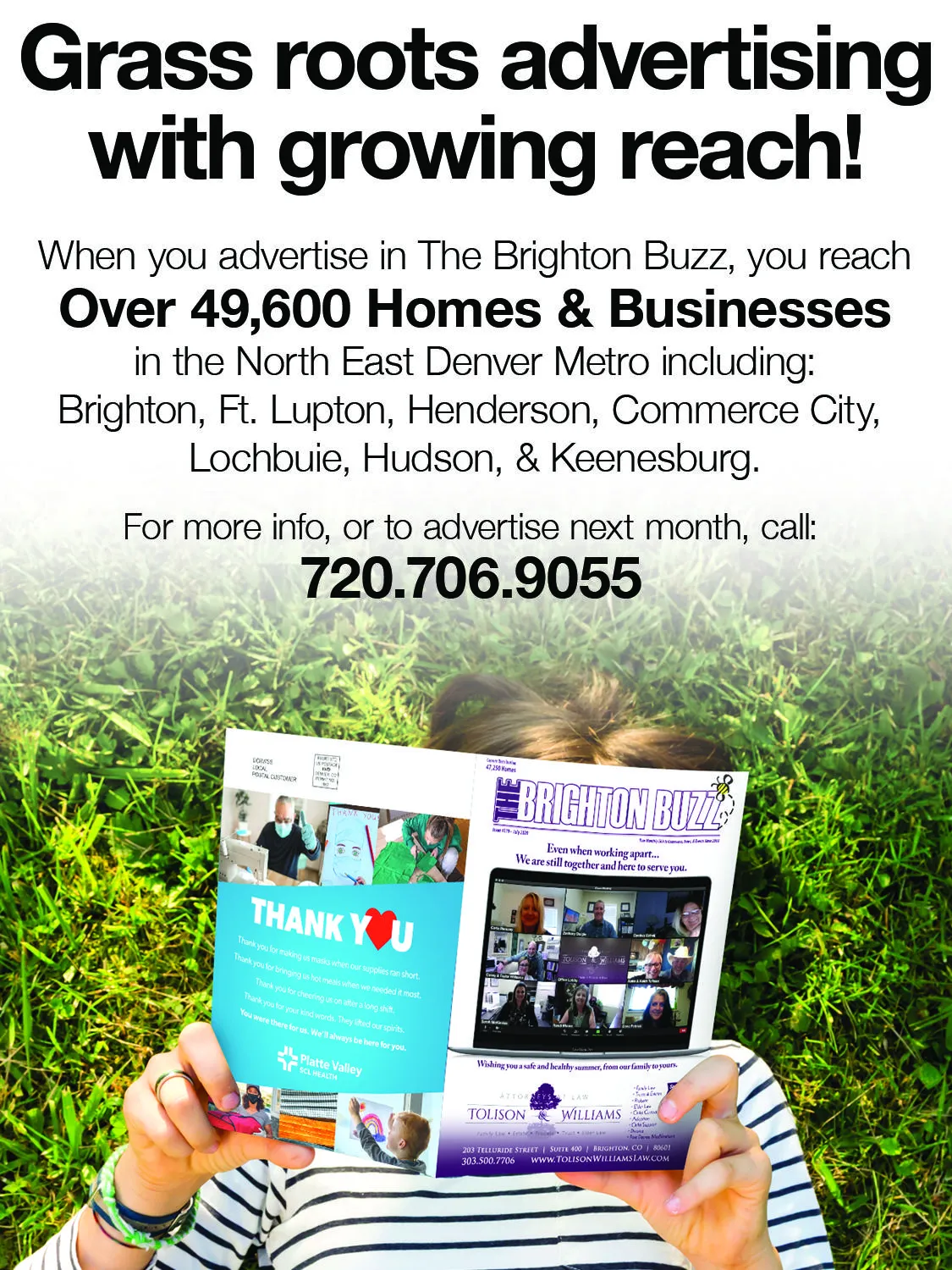ADVERTISE WITH US | LATEST ISSUE | NEWS | EVENTS | ABOUT | CONTACT
NEWS

Educate, Amplify, Repeat
Recently I was asked to speak at the International Hearing Society Conference held in Lousiville, Kentucky. While there I was able to meet industry leaders from all over the United States and Canada. In addition to speaking, I was able to attend classes and was introduced to, or reminded of, multiple practices, processes and procedures that lead to better outcomes for patients with hearing loss.
One major thing that stood out was how important patient education is to improved outcomes with hearing aids. This made me very happy to hear that much of what we have been doing at Blue Ribbon Hearing & Tinnitus Centers since we first opened is being touted as best practices in the industry. When I made the decision to finally open my own practice and made that change seven years ago, I committed to spending more time educating the public on the topic of hearing loss. In addition to scheduling longer appointments and more time for the education of patients in the office, the articles that I have written nearly every month for the Brighton Buzz have been part of that commitment.
One of the most important things that was reinforced at the conference was the number of other health conditions that are related to hearing loss. The connection between hearing loss and dementia is one that is becoming more well known every day. As I have written about before, failure to treat hearing loss increases the likelihood of developing dementia. Also, untreated hearing loss leads to an increase in anxiety, depression, and tinnitus. In turn, tinnitus can lead to increased anxiety and depression.
Also, I learned even more about the relationship between diabetes and cardiovascular (heart and lung) disease contributing to hearing loss as well as dementia. This knowledge reinforced the idea that overall health and hearing health are closely connected and many different health problems increase the likelihood of developing hearing loss. So, in addition to wearing hearing protection to help prevent hearing loss, healthy eating, exercise and avoiding toxins all decrease the likelihood of losing hearing. Healthy living also decreases the need for medications, many of which are ototoxic (toxic to the ear), and other negative side effects.
And finally, thanks to increased education and improved technology, the average time a person waits to get hearing aids from the first time they are diagnosed with hearing loss has decreased from around seven to ten years, down to just under five years. This is leading to much better outcomes in the short run for those who get hearing aids, as well as better outcomes later in life as the auditory system is better preserved through use of the hearing aids.
The first step to knowing why someone is struggling to hear is to look in their ear. With our video otoscopes, we are able to show you right on the monitor what the ear canal looks like. It may be as simple as earwax blocking the canal. The second step is to perform a simple screening to determine if there is hearing loss, followed by a complete audiometric evaluation if there is hearing loss. If you already have a hearing test, we can also give a second opinion on the results. Please call if you or someone your care about is struggling to hear or understand.


Publisher's Letter
Dawa Sherpa, Publisher
The holiday season is upon us. A time to express appreciation for the people, experiences, and opportunities that enrich our lives. As we take a moment to give thanks and celebrate with our families and our communities – let’s not forget the uniquely valuable small, local businesses that are at the heart of our communities.
In today’s fast-paced world, shopping has never been more convenient with online giants and big-box stores offering rapid delivery and low prices. But, unlike mass retailers, small businesses and local shop owners offer personal relationships, leading to better service and customized recommendations. Whether it’s a handmade candle or boutique clothing, these businesses offer a personal touch that can’t be replicated.
The holiday season is a crucial time for small businesses. Events like “Small Business Saturday” remind us to support the shops that keep our communities vibrant. But it’s important to continue that support throughout the year to ensure these businesses thrive.
This holiday season, when shopping for a gift, a service, or just a little treat for yourself, consider visiting our local businesses first. Every purchase makes a meaningful difference, helping build a stronger, more connected community for everyone.
Happy Thanksgiving,
Dawa






